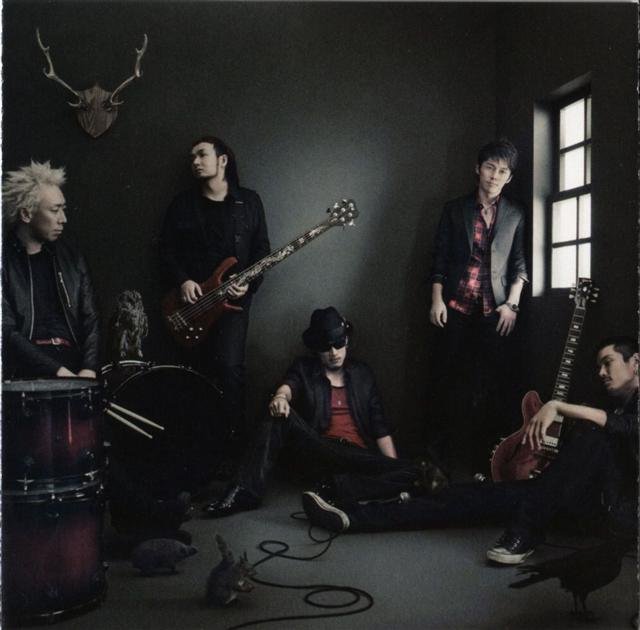
As a listening experience, the two-hour set is deeply satisfying, sustaining a consistent mood while offering a number of textures and styles. Those ideas were integrated into culture-specific notions of environmental music-Doran highlights the use of dripping water in Japanese garden design as an example, and there’s a strong connection between some of this work and architecture-and brought to life with emerging synthesizer technology. In the liner notes, Doran points out that ambient music in Japan started, much as it did elsewhere, with composers who became fixated on the work of Erik Satie, John Cage, and, later, Brian Eno, particularly their ideas about background, modes of attention, authorship, and functionality. 小宇宙 in Japanese meanings microcosm in English.“Kankyō ongaku” is Japanese for “environmental music,” and as used here it’s an umbrella term for calm, spacious, and slightly chilly music generally built from synthesizers and sound effects. This will hopefully give you a little motivation to study Japanese today.
#Microcosm japanese band how to#
Now that you have learned and understood the common ways of saying microcosm in Japanese is "小宇宙", it's time to learn how to say microcosm in Japanese. Japanese native speakers: 128 million (2020). Japanese Speaking Countries and Territories: Japan. Mixed scripts of Kanji (Chinese character) and Kana (Hiragana, Katakana), Japanese Braille Japanese Speaking Countries and Territories

English loanwords, in particular, have become frequent, and Japanese words from English roots have proliferated. Following the end of Japan's self-imposed isolation in 1853, the flow of loanwords from European languages increased significantly.

The standard dialect moved from the Kansai region in the south, up to the Edo region (modern Tokyo) in the Early Modern Japanese period (early 17th century–mid 19th century). Late Middle Japanese (1185–1600) included changes in features that brought it closer to the modern language, and the first appearance of European loanwords. During the Heian period (794–1185) in Japan, the Chinese language had considerable influence on the vocabulary and phonology of Old Japanese. Chinese documents from the 3rd century AD recorded a few Japanese words, but substantial texts did not appear until the 8th century. Little is known of the language's prehistory, or when it first appeared in Japan. Japonic languages have been grouped with other language families such as Ainu, Austroasiatic, and the now-discredited Altaic, but none of these proposals has gained widespread acceptance. It is a member of the Japonic (or Japanese-Ryukyuan) language family, and its ultimate derivation and relation to other languages such as Korean is unclear.

Japanese (日本語, Nihongo (About this soundlisten)) is an East Asian language spoken by about 128 million people, primarily in Japan, where it is the national language. The standard way to write "microcosm" in Japanese is: 小宇宙 Alphabet in Japanese Your browser does not support the audio element. Click audio icon to pronounce microcosm in Japanese:: This is your most common way to say microcosm in 小宇宙 language.

Gives you more social and global skills.Provides broader access to education and information.
#Microcosm japanese band professional#
Provides professional and career advantages.It even has health benefits, as studies have shown that people who speak two or more languages have more active minds later in life! 7 reasons to learn a Japanese language It helps you to become a better listener. It helps you to see things from a different perspective, or get a deeper understanding of another culture. It allows you to communicate with new people. There are many, many reasons why learning a new language is a good idea. Meaning of microcosm in Japanese language is: 小宇宙.


 0 kommentar(er)
0 kommentar(er)
